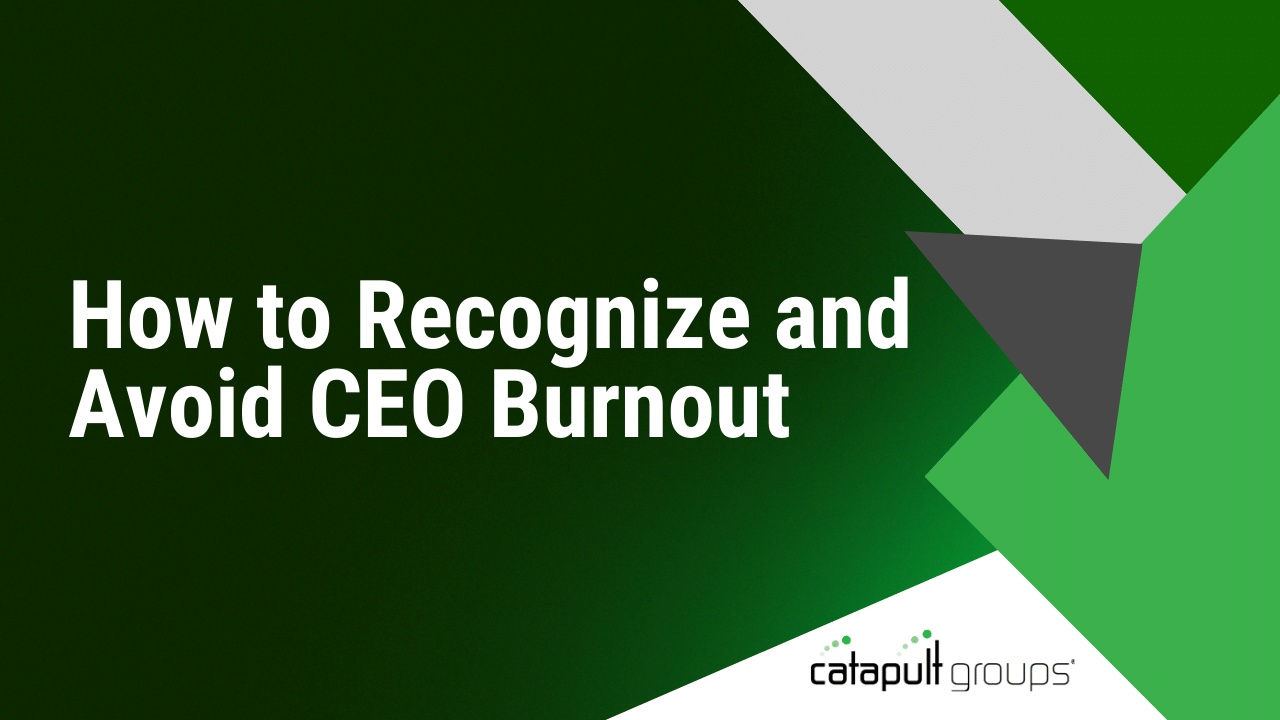5 Super Easy Ways to Manage Your Energy to Increase Productivity
It may seem like the only thing standing between you and greater productivity is that there aren’t enough hours in the day. But while time management is certainly a key skill for any business leader, energy management may be just as critically important.
Manage Your Energy
In the course of any busy day, which do you generally run out of first—time or energy? You’ll know it’s the latter if you find yourself exhausted, unable to have one more phone conversation or even put two thoughts together.
Energy is both physical and mental. You get physical energy from exercise, eating well and getting enough sleep. Being upbeat and thinking positive thoughts generates mental energy. The two go hand-in-hand.
Work Smarter
To manage your energy, first look at when you get things done. What time of day are you most awake and productive? Everyone has “peak hours” when they’re most effective in tackling their toughest challenges.
There’s a prevalent myth that being a “morning person” is the key to greater productivity, but I know plenty of people who don’t fit neatly into that category and who are impressively productive in the wee hours of the night. Of course, if mornings are best for you, it makes sense to schedule important meetings and projects during those hours of peak alertness and energy.
Check out the other ways you can manage your energy throughout the day:
1. Listen to Your Body Clock
For the next week, closely monitor your working habits. Make a list of the times when you get the most work done. Also note your energy levels during those times. Your body clock adheres to a pattern. It just takes a little self-observation to determine how to translate that pattern into maximum productivity.
After you get a handle on your body rhythms, you can adjust your schedule to complete high-priority tasks during times of high energy and relegate less pressing obligations to your “slower” times.
2. Care for Your “Operating System”
Without proper maintenance, your flesh-and-blood operating system can’t help in your quest for greater productivity.
Do you know how much sleep you regularly get each night? Research shows 7-8 hours per night is most effective in restoring your body’s energy level. If you’re sleeping significantly less than this each night, it’s likely disrupting your ability to concentrate and to cope with stressful situations.
3. Eat More Often
You don’t have to eat bigger meals, but consuming sufficient amounts of lean protein and complex carbohydrates every three to four hours enables your body to draw on a steady input of glucose, our primary energy supplier.
4. Take Breaks During Working Hours
Of course, you can power through all you have to do without coming up for air, but after a certain point, this approach will likely affect the quality of your work. Try taking a break every 90 minutes or so. This can be no more complicated than standing up and stretching or stepping over to your assistant’s desk for a two-minute catch-up conversation.
5. Be Physically Active
Nothing boosts your energy and strength like exercise, particularly the kind that gets your heart beating and blood flowing (It also helps you sleep better). Nobody’s talking about joining a gym or doing a half-marathon. Just go for a walk. Use the stairs instead of the elevator. Whatever gets you up and moving around offsets the deadening hours spent seated in front of your laptop.
You’re right: There aren’t enough hours in the day. But by paying attention to your energy levels, you’ll get the best results possible out of the time you have.
Members of Catapult Groups share ideas and experiences designed to achieve a healthy balance of work and life. Learn more about how membership in Catapult Groups can make you a better leader and grow your business.



![3 Management Mistakes CEOs Make in Business [Video] | Catapult Groups](https://catapultgroups.com/hubfs/3%20Management%20Mistakes%20CEOs%20Make%20in%20Business%20Video.jpg)